Arakan State IDPs call on junta to lift hardship-inducing travel restrictions
Internally displaced people (IDPs) in Arakan State have called on Myanmar’s military regime to lift travel bans on local and international nongovernmental organisations.
18 Oct 2022
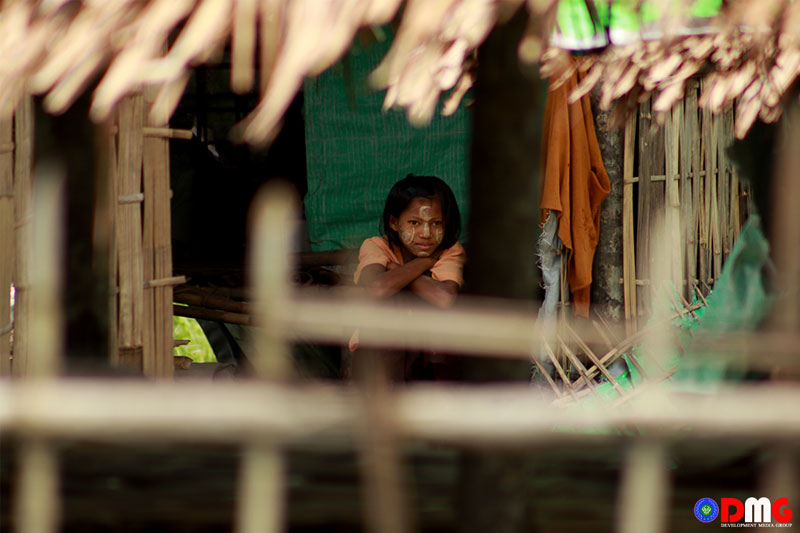
DMG Newsroom
18 October 2022, Sittwe
Internally displaced people (IDPs) in Arakan State have called on Myanmar’s military regime to lift travel bans on local and international nongovernmental organisations.
IDPs are going hungry, with lack of access to healthcare services due to the junta’s travel ban and other restrictions further pushing displaced populations into desperate straits.
While the regime no longer supplies food for IDPs in Arakan State, on September 15 it ordered international agencies to halt operations in six of the state’s townships.
“It is not acceptable to force IDPs to return home, and to restrict UN and other agencies supplying IDPs. The military council should help people in trouble,” the manager of Nyaung Chaung IDP camp in Kyauktaw told DMG.
The regime has stopped providing rice supplies to IDPs since March, and currently IDPs have to rely on a monthly allowance of 18,000 kyats per person provided by the World Food Programme (WFP), and are thus going hungry, said an official from a displacement camp opened at the industrial zone in Ponnagyun Township.
“I want to ask the military council to resume rice supplies. One need not wonder if the 18,000 kyats provided by the WFP is enough. And IDPs barely have jobs. They are facing serious hardship. Some have had to sell their belongings, and those who have nothing to sell have to borrow money from others just to survive,” said the official.
The regime has also blockaded roads and waterways in Arakan State’s Rathedaung, Maungdaw and Buthidaung townships amid renewed fighting. Strict security checks and other restrictions have been severely disrupting commodity flows, while pushing up food prices — with IDPs bearing the brunt, said a volunteer from Rathedaung.
“The military must open routes. Locals have difficulty buying food. And everyone knows food prices are soaring,” he said. “Patients as well as pregnant women have difficulties receiving healthcare because of the travel restrictions.”
At the same time, the regime has restricted the activities of local civil society organisations in Arakan State and in some cases has arrested or attempted to arrest those helping IDPs.
“[The Myanmar military] has issued arrest warrants for philanthropists for alleged incitement,” said Buddhist monk Ashin Thabarwa Nadi, who is assisting IDPs. “Some philanthropists are kept under surveillance, though the military has not issued arrest warrants for them. When people are in trouble in a country, the ultimate responsibility falls on the government to help them. The fact that civil society organisations are helping IDPs is volunteering for the government.”
More than 17,000 people have been displaced by the fighting between Myanmar’s military and the Arakan Army since August in Arakan State and neighbouring Chin State’s Paletwa Township, according to the United Nations Office for the Coordination of Humanitarian Affairs.
Nearly 77,000 people displaced by previous fighting between the military and Arakan Army from late 2018 to November 2020 remain at displacement camps, said the Nyan Lin Thit research organisation on September 27.
“Limits on the movement of people and interference in humanitarian activities, including travel restrictions, expanded checkpoints and roadblocks, have further compounded the already difficult living conditions for affected and displaced people across [Arakan] state,” said the UN Office for the Coordination of Humanitarian Affairs in a statement on October 4.




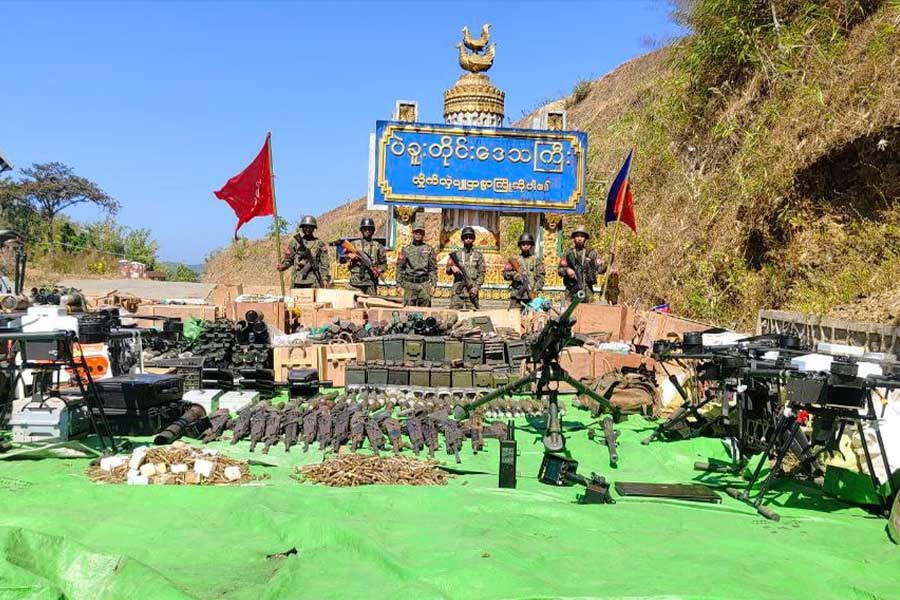
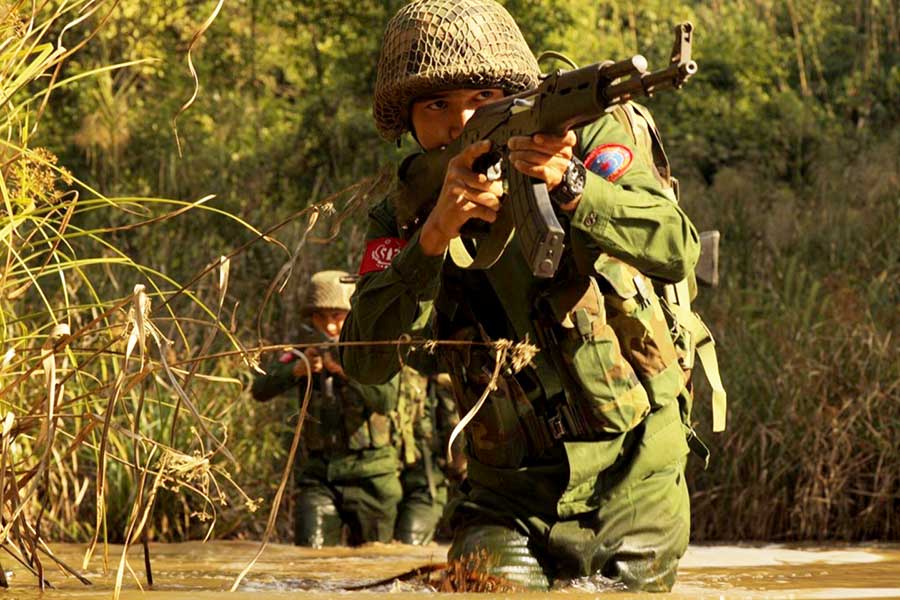
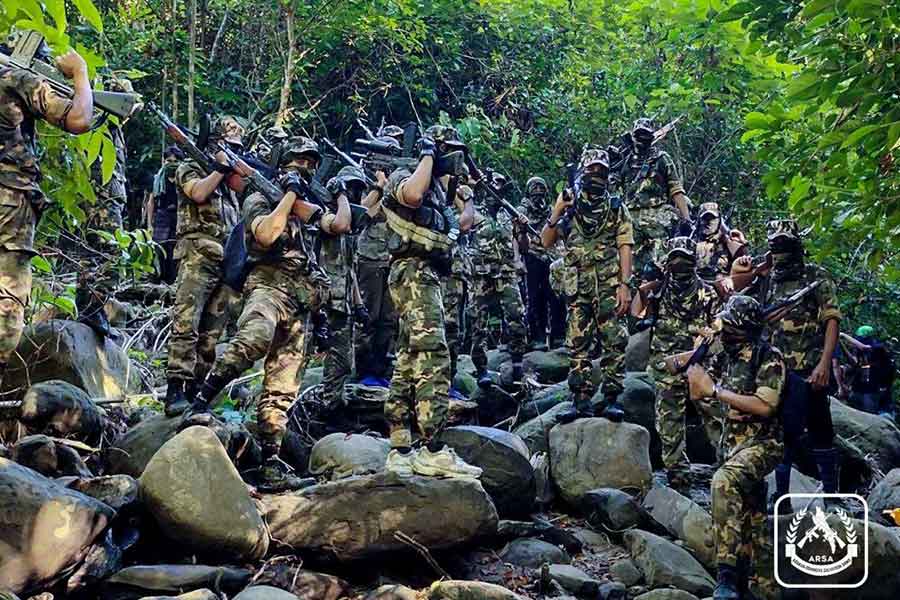
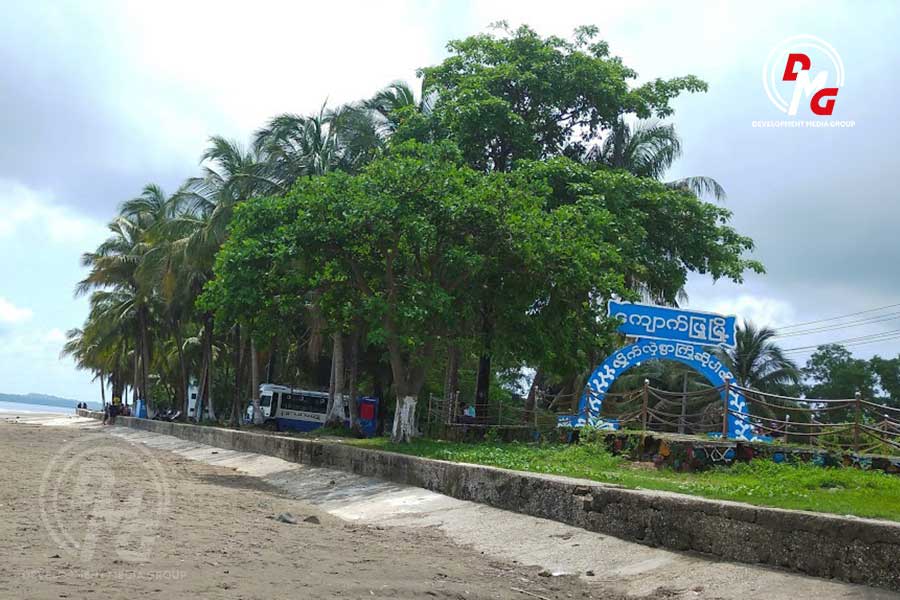
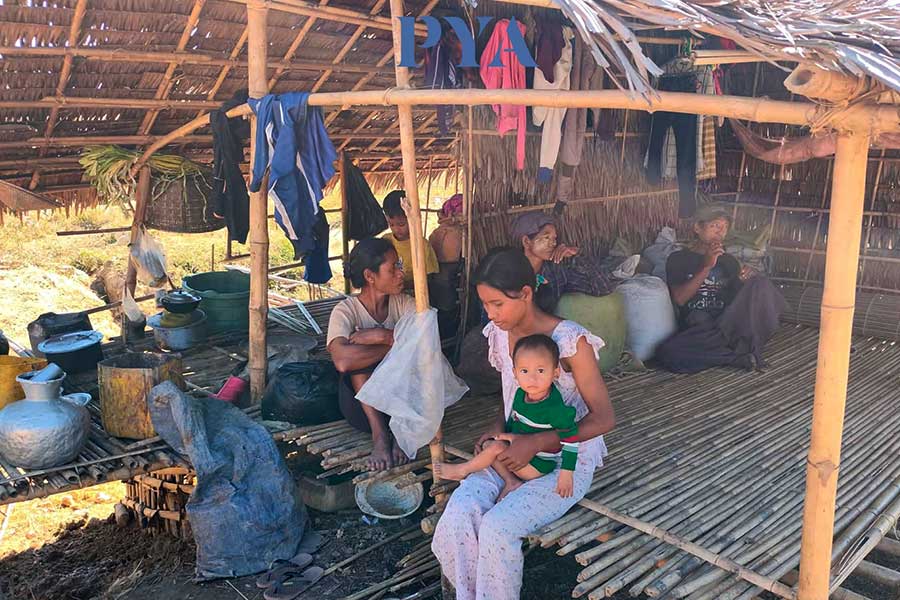





.jpg)


